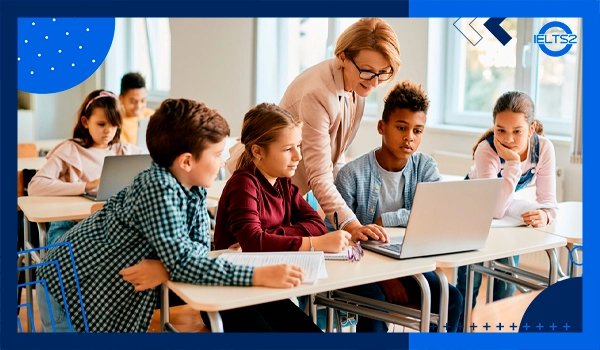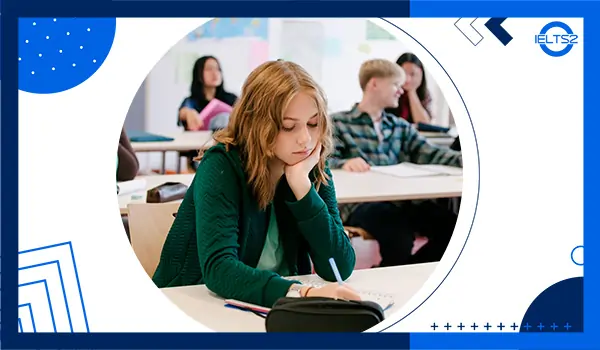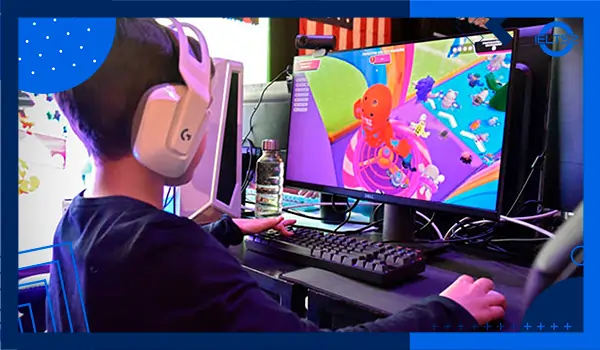🔻Today the internet has replaced traditional books as a source of information.
Discuss the advantages and disadvantages of this development.
More samples on IELTS2.comThe digital revolution has fundamentally altered how we access knowledge, with the internet largely supplanting traditional books as the primary source of information. This shift presents a complex mix of benefits and drawbacks that merit careful examination.
The advantages of this development are profound, primarily centred on accessibility and efficiency. The internet offers instant, vast, and often free access to an unparalleled repository of information. A student can research a scientific concept, read historical documents, and access scholarly articles from a single device without visiting a library. This immediacy and breadth are invaluable in both academic and professional contexts. Furthermore, digital information is dynamic; it can be updated in real-time to reflect the latest discoveries, news, or data, unlike printed books which become outdated. The multimedia nature of online content—incorporating videos, interactive graphics, and hyperlinks—also caters to diverse learning styles, potentially making complex information more digestible and engaging than static text on a page.
However, this reliance on the internet is not without significant disadvantages. The most critical issue is the variable quality and reliability of information. Unlike traditional books, which undergo rigorous editing and fact-checking processes by publishers, anyone can publish content online. This creates an environment where misinformation, bias, and unsubstantiated opinions can spread rapidly, making it difficult for users, especially younger students, to distinguish credible sources from unreliable ones. Another drawback is the potential for distraction. The very nature of the internet, with its notifications and endless links, can fragment attention and hinder the deep, concentrated reading that books foster. This can lead to a more superficial understanding of topics. Finally, the digital divide remains a concern, as not everyone has equal access to the technology or connectivity required to benefit from online information, potentially exacerbating existing inequalities.
In conclusion, while the internet’s ascendancy as an information source brings undeniable benefits in terms of accessibility, timeliness, and interactivity, it also introduces serious challenges related to information credibility, cognitive focus, and digital equity. The ideal approach, therefore, is not to see the internet and books as mutually exclusive, but to promote digital literacy skills that allow individuals to navigate the online world critically, while still valuing the depth and authority that well-researched books provide.
مطالبی برای مطالعه بیشتر
✅جدیدترین موضوعات رایتینگ آیلتس سپتامبر 2025
باورهای اشتباه دربارهٔ آزمون رایتینگ آیلتس
تصحیح رایگان رایتینگ شما در کانال تلگرام ما




